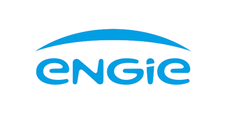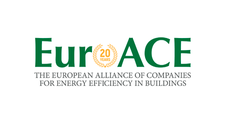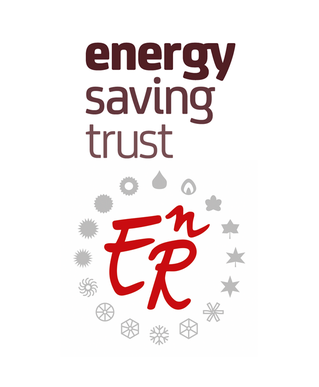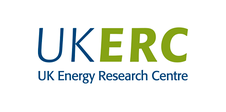Search eceee proceedings
Practical experience with energy and climate performance contracts towards future energy efficiency gains and sustainability
Panel: 8. Buildings: technologies and systems beyond energy efficiency
Authors:
Harald Gether, Gether AS, Norway
Rune Venås, Trøndelag County Council, Norway
Kaare Gether, Gether AS, Norway
Anders Solem, ENOVA, Norway
Jørgen J. Gether, Gether AS, Norway
Abstract
The article discusses an Energy-, Climate- and Performance Contract (ECPC) used at the Mære Agricultural College, Norway. It is a 15-year co-operation between the technology supplier, Gether AS, and the governmental property manager, Trøndelag County Council. It handles some 11 000 m2 of built area. Thermal energy demand is about 2 million kWh annually. The agreement is developed to finance energy- and climate-efficient technology that would otherwise not be implemented. Enova, the national agency for implementing energy efficiency has partly funded the ECPC-agreement development.
Mære Agricultural College uses s Dynamic Thermal Energy Storage (DTES) system, first presented at the ECEEE Summer Study 2009. The energy system allows buildings as such as energy harvesters. The technology involves boreholes (BTES), heat pumps, 800 m low-temperature district heating, dry-coolers, and the DTES with the ability to store heat or cold quickly in order to utilize the 3000 m2 Mære greenhouse as an energy harvester. Altogether, this is an extensive investment of some NOK 25 million, approx. €2.5 million. Energy efficiency at Mære is approx. 80 per cent improved over conventional technology using natural gas or bioenergy.
Development of the ECPC-agreement has taken place in cooperation between the County Council municipality and the firm. Key features are:
1. Multiple value elements are included in the agreement. Productivity, as production of tomatoes, is measured. Other productivity gains are climate benefits, or by example, reduced absenteeism related to indoor climate quality.
2. Gains are shared, divided in part on capital investments in the energy technology and by improvements attained.
3. Penalties are deliberately not imposed in order to encourage further gains without the co-operators making reservations.
4. It is considered to introduce items in the agreement that includes «Negawatt-hours». This is an ongoing work partially funded by Enova.
Downloads
Download this presentation as pdf: 8-319-19_Gether_Presentation.pdf
Panels of
1. The dynamics of limiting (energy) consumption
2. What's next in energy policy?
4. Monitoring and evaluation for greater impact
5. Smart and sustainable communities
7. Make buildings policies great again
8. Buildings: technologies and systems beyond energy efficiency
9. Improving energy efficiency in ICT, appliances and products

























